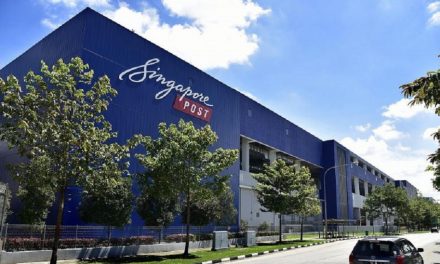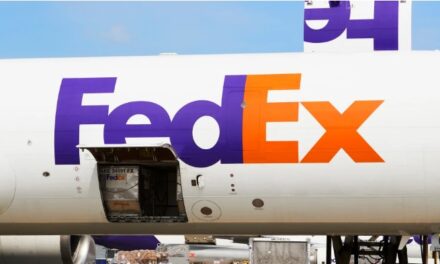
US regulator to take fresh look at DHL ownership
After more than two years of lobbying and filing several legal pleadings, United Parcel Service and FedEx Corp. have finally gotten their wish.
The Department of Transportation, in an apparent win for the companies, said last week it would take a fresh look, or de novo review, of DHL's citizenship.
The parties are set to meet April 29 at a prehearing conference before ALJ Ronnie Yoder, where they will set a schedule for the hearing, a DOT spokesman said. The ALJ has until Sept. 2 to decide what entity actually controls DHL Airways, the air carrier.
"We will be there," UPS spokesman David Bolger, said of the hearing.
"We will be an active participant in the process," a FedEx spokeswoman said. "This has been dragging on for two-and-a-half years so we are happy to see they are moving forward on it."
The Department of Transportation will take Yoder's ruling under consideration before issuing a final decision, a spokesman said Monday.
Complex web of ownership
Brussels-based DHL is the biggest global overnight shipper, servicing 120,000 destinations in more than 220 countries. But the company ranks third in the United States behind UPS and FedEx, with a less than 2 percent of the overnight domestic market.
Both FedEx and UPS have waged a more than two-year battle to get the DOT to reconsider its decision of DHL. Initially, during the fall of 2000, the Department of Transportation felt that DHL met all the requirements for full U.S. citizenship.
The DOT will now be taking another look at DHL's ownership. UPS and FedEx claim that a complex web of subsidiaries hides Deutsche Post's ownership of DHL, which in turns controls Delaware-based DHL Airways.
Deutsche Post, which is owned by the German government, holds 100 percent of DHL International, a Bermuda company.
DHL, in turn, has a 100 percent stake in Delaware-based DHL Holdings, which owns 25 percent voting stock of DHL Airways. The other 75 percent is owned by William Robinson, a U.S. citizen, who FedEx claims is a long-time DHL employee.
DHL Holdings also owns 100 percent of DHL Worldwide Express, which last month inked a $1.05 billion takeover of Airborne Inc. See full story.
Federal law currently restricts foreign ownership of a U.S. airline to not more than 25 percent. More importantly, ALJ Yoder will be looking at whether DHL Airways is effectively controlled by U.S. citizens.
To get around this 25 percent bar, DHL plans to spin off Airborne's air operations and separate it from ground services. The independent company, called ABX Air, will be owned by Airborne shareholders.
"We believe that DHL airways ownership structure violates the spirit and intent of ownership laws," said FedEx general counsel Rush O'Keefe.
The ALJ review
Airborne last week scored a win in its dealing with the federal government. The DOT rejected an attempt by UPS to consider the DHL-Airborne merger and will focus only on what entity controls DHL.
"The deal at least appears to be going forward but the larger battle still looms out there and that is of control," said Tom Sauermilch, a partner with McDermott Will & Amery who specializes in German-American M&A.
Yoder will likely consider whether the German government controls DHL Airways or ABX if it supplies the units with most of their business. The ALJ will also look at overlapping management between DHL and ABX, and the ability of either company to get business from other customers, Sauermilch said.
Seattle-based Airborne, the nation's third-largest airfreight shipper, has said that the DHL takeover will still go through even if UPS and FedEx win the citizenship issue.
Airborne has countered that UPS and FedEx are monopolies in the U.S. Indeed, UPS and FedEx together own 79 percent of the express delivery market in the United States. By contrast, Airborne has about 19 percent while DHL has less than 2 percent of this category, according to Airborne Chairman Carl Donaway.
"This is battle has been going on for a couple of years," Sauermilch said. "The next few months will be very interesting."
DHL could not be reached for comment.
Copyright 2003 CBS Marketwatch Source: Financial Times Information Limited.












